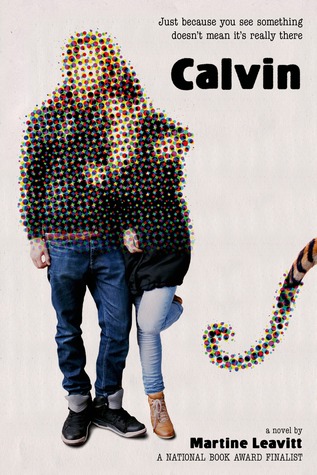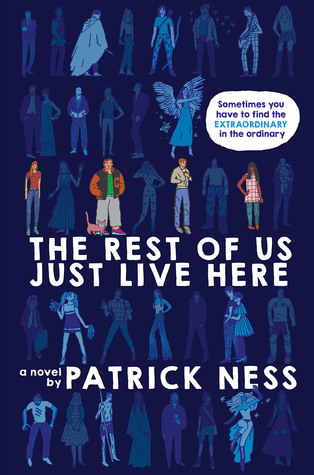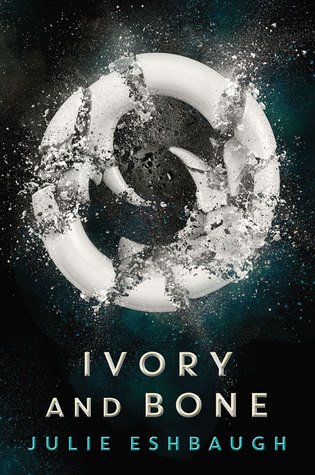 Calvin's life seems fairly normal--aside from the whole not-having-friends thing (Susie, who used to be the closest thing he had to a good friend, recently decamped for a more popular crowd). But then comes the day when he's about to fail English and biology--and Hobbes starts talking to him. Hobbes, the stuffed tiger his mom dissolved in the wash years ago.
Calvin's life seems fairly normal--aside from the whole not-having-friends thing (Susie, who used to be the closest thing he had to a good friend, recently decamped for a more popular crowd). But then comes the day when he's about to fail English and biology--and Hobbes starts talking to him. Hobbes, the stuffed tiger his mom dissolved in the wash years ago.One hospital trip and new diagnosis later, Calvin learns a name for what has brought Hobbes back: schizophrenia. Now, he's convinced that if he can pull off a risky stunt and walk across a frozen lake Erie, he can persuade Bill Waterson to write one more comic of Calvin, as a 17-year-old, without Hobbes--and he'll be cured.
But things, of course, don't ever go entirely as planned.
I loved Calvin's voice--I liked how Leavitt managed to create a believable boy who clearly questioned the signals his brain sent him, but who never despaired because of it. And I was astonished at how she managed to make a long walk across the ice interesting, suspenseful--and even funny. If the ending was a little underwhelming, well, that's sort of how life goes a lot of the time. The story was worth it for the sympathetic portrayal of schizophrenia, Susie's strength, and Calvin's own beautiful brain.
I also ADORED her homages to Calvin and Hobbes. Anyone who's familiar with the original will appreciate the occasional appearances of Spaceman Skiff, his alien teacher, the transmogrifier, and more.
Some passages I loved:
"It was slower going when you were walking on snow and around chunks and ridges of ice. But it felt good to be in the dimension of nothing. Close to four o'clock now, the sun was lower on the horizon, a whiter hole in a white sky. It didn't shine. It looked like a dead sun, a ghost sun, as if the heat had all burned out of it." (Evokes the deadness of the landscape, the dangerous onset of night.)
"Susie: Doesn't it make you feel kind of awesome
that the world is beautiful for no other apparent reason than that it
is? Like beauty has its own secret reason. It doesn't need human eyes to
notice. It just wants to be glorious and unbelievable"

